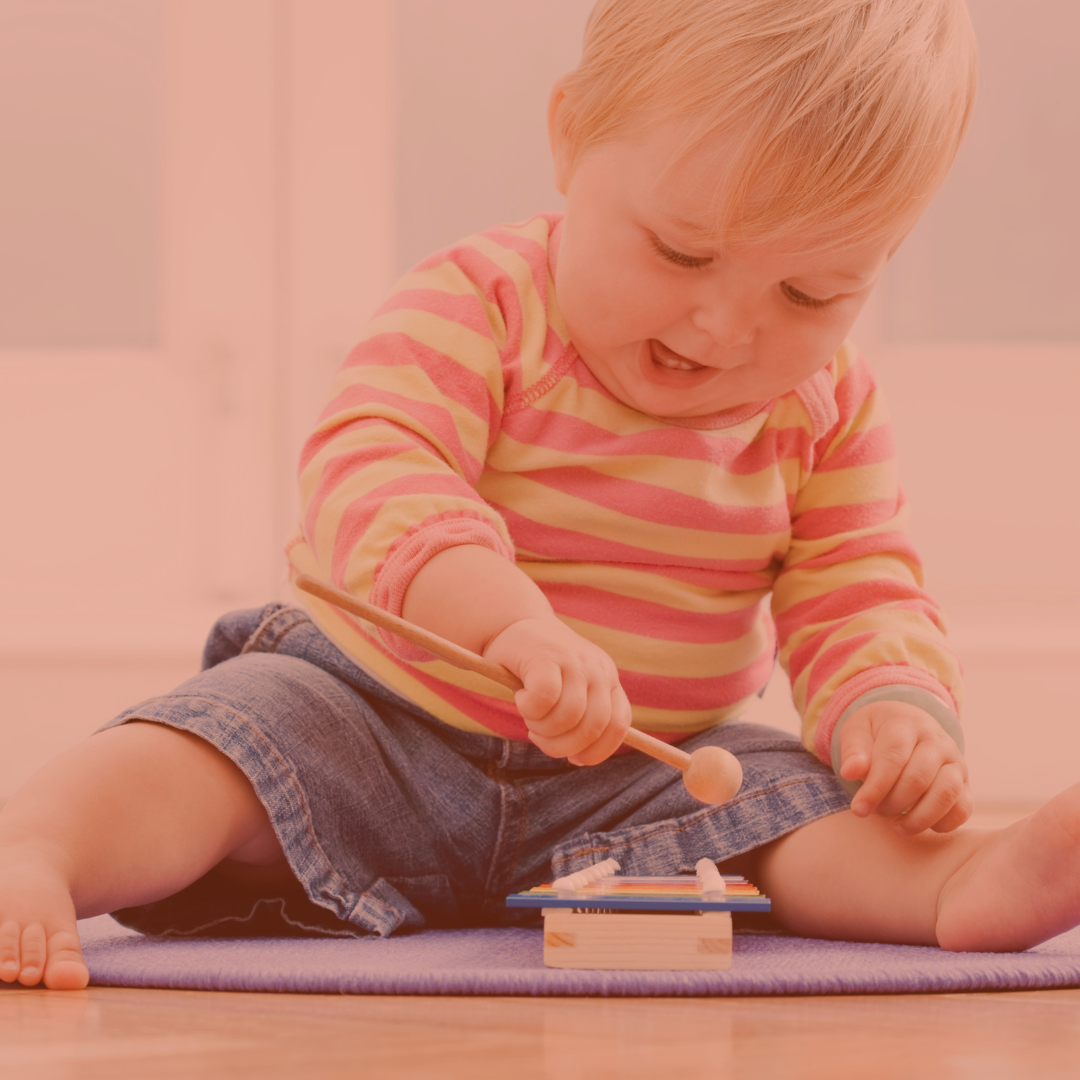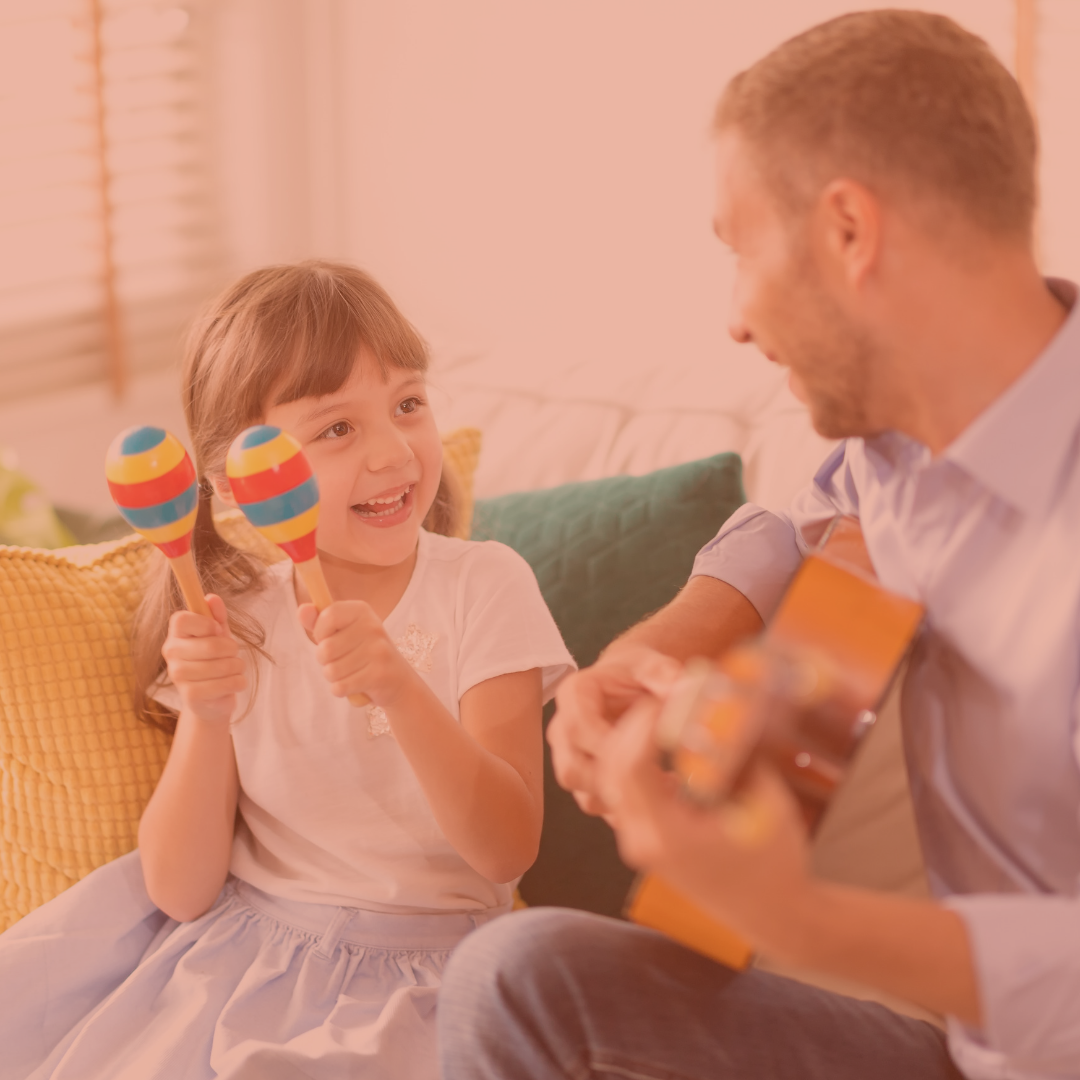Music Practice on Summer Vacation
Summer break comes with schedule and routine changes for students. There are many questions about continuing with music lessons over the summer, going to summer camps, and practicing over trips.
How to keep your music student “in tune” over vacation:
-
If you plan to be in town for most of the summer, it can be beneficial for your student stick with music lessons throughout the summer or attend a music camp like Creative Arts Camp. Any time a student spends away from an instrument will be time they have to spend regaining their skills when they start back-up.
-
If you are going to be traveling or in day camps all summer students can maintain their current skills by practicing their past year’s material. Make a list of 5-10 of their favorite songs and encourage them to sit at the piano once a day to review. This is a great time to memorize familiar repertoire.
-
If you decide to stick with lessons over the summer it’s nice to take on special projects. If there’s a more difficult your child has been dying to learn you could decide with your teacher to stop working out of the book and work on 8 bars of that song every week. If your child enjoys composing music, your teacher can help your child compose their own song and even record it. This is also a great time for your child to get together with friends and play as a band.
-
Many parents ask what they should do about music practice when they are on vacation. The answer depends on the nature of your trip, how long you will be gone, and your child’s preference. If you are going on a short vacation where you will be busy everyday it’s most likely best to take a break from practice. Sometimes a week’s break can be good for a practice routine, and your child will come back with more inspiration and focus.
If you are going on a trip where you’ll have more free time it can be fun to bring along your instrument. This is a nice opportunity to go over old favorite songs, have sing-a-longs, or learn new fun songs. When I was a child I would take my flute on camping trips with my family and play out in the grass by the lake.
-
There are many great music summer camps for kids. Unless it’s part of their school curriculum, most kids don’t get a great number of opportunities to play their instrument in a group. Summer camp is a great chance for them to learn to new material and experience the joy and power of playing as part of an ensemble. They’ll also build new friendships along the way and be inspired by kids with their same interests.
Here are some cool gadgets for practicing away from home:
VOX amPlug
This nifty device creates the sound of a guitar amp, but through headphones. It plugs into your guitar and then directly into headphones. Using this will give a much more rewarding sound than practicing an electric guitar with no amp
Roll-up Piano
There are many models of the foldable piano, they are very easy to transport. Note that these pianos are best for beginners only playing a few notes at a time. The keys don’t actually physically push down so it is more to practice finger positions. These pianos can be very fun and useful for beginners.
Drum Practice Pad
Practice pads are great to bring along to practice rudiments and snare patterns. Foldable drums sets with practice pads are also available.









